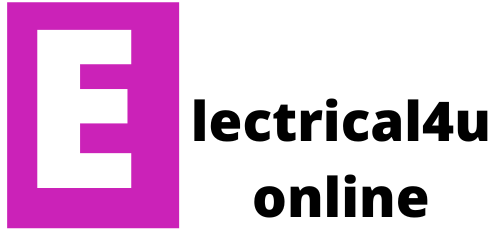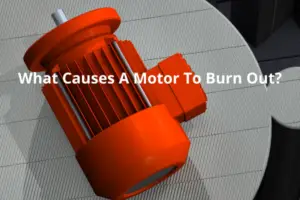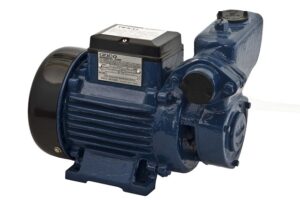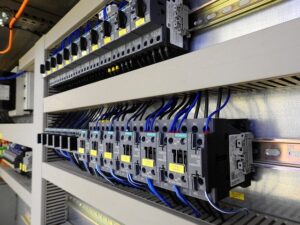In this article, we will discuss the effect of humidity and moisture on an electric motor.
Table of Contents
What Happens, If An Electric Motor Gets Wet?
Which Motor IP Rating Is Suitable For Outdoors Rainy Locations?
| S.No | IP Rating | Object Protection | Water Protection |
| 1. | IP20 | Offer protection from Solid objects over 12.5mm | Does not offer protection from water |
| 2. | IP23 | Offer protection from Solid objects over 12.5mm | Spray at an angle up to 60° Vertical |
| 3. | IP24 | Offer protection from Solid objects over 12.5mm | Offer protection against Splashed water |
| 4. | IP44 | Offer protection from Solid objects over 1mm | Offer protection against Splashed water from any side |
| 5. | IP54 | Offer protection against dust | Water splashed against the machine from any direction shall have no harmful effect. |
| 6. | IP55 | Offer protection against dust | Water projected by a nozzle against the enclosure from any direction shall have no harmful effect. |
| IP56 | Offer protection against All types of dust | Water from heavy seas or water projected from jets shall not enter the machine in any harmful quantity | |
| 7. | IP65 | Offer protection and exclude from All types of dust | Water projected by a nozzle against the machine from any direction shall have no harmful effect. |
| IP 66 | Complete protection against live moving objects and dust | Water from heavy seas or water projected from jets shall not enter the machine in any harmful quantity | |
| 8. | IP68 | Offer protection and exclude from all types of dust | All types of tight water sources |
So from the chart mentioned above motors IP protection depends mainly on the weather or environmental conditions.
Install my Free Android App on Google Play:
Electrical Cables Most Common Tables
And, my Electrical Calculations App “”
Discover more great content by subscribing to My channel
Looking to stay ahead of the game in the world of electrical engineering? Subscribe to my YouTube channel and gain access to exclusive content you won’t find anywhere else!
The staff I recommend
(Amazon Affiliate Links to products I believe are high quality):
- Economy 120 Volt/60Hz AC Power Source – Step-Down Voltage & Frequency Converters 1800W
- UNI-T Digital Multimeter Tester UT139C
- 50-Amp Extension Cord for RV “100ft”
- Voltage Stabilizer 110/220v
- Hair Dryer “best selling“
- TOSHIBA EM131A5C-BS Countertop Microwave Ovens
Disclaimer: This contains affiliate links to Amazon products. I may earn a commission for purchases made through these links.




